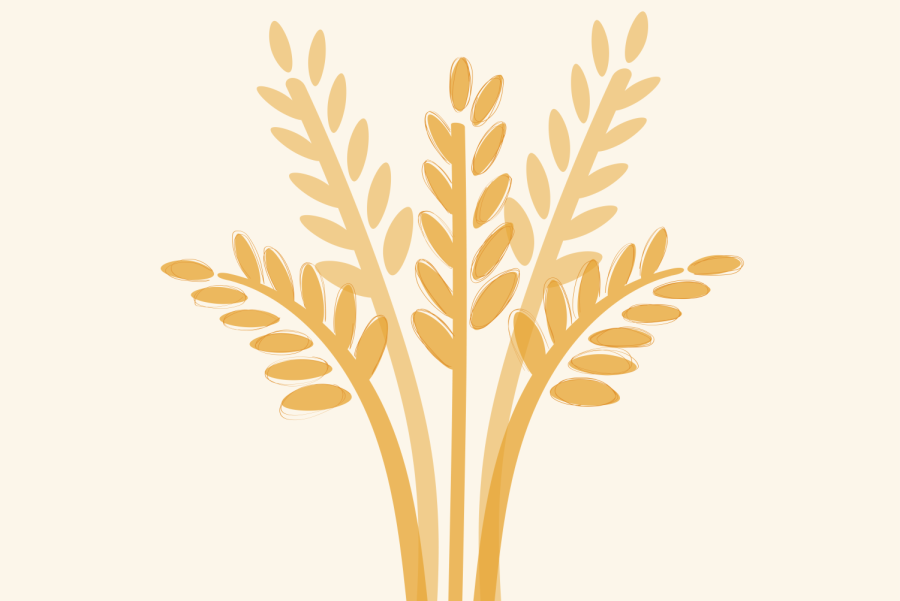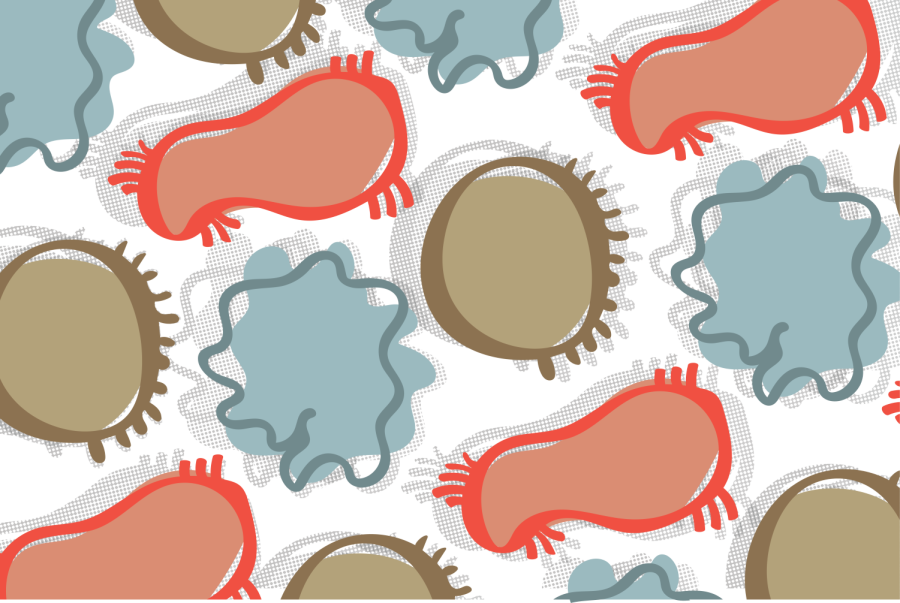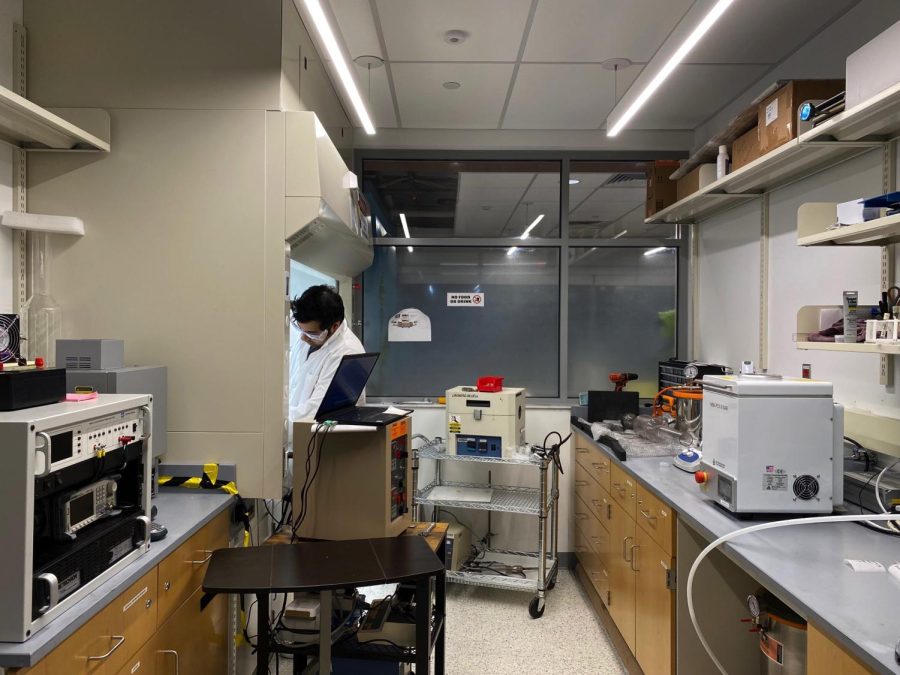University of Minnesota faculty are working to develop and research new crops that are more profitable and adaptable for farmers around the Midwest as part of the Forever Green Initiative.
The initiative aims to develop “continuous living cover agriculture,” which are crops that can provide for society and occupy land for the majority of the year. Researchers currently study 16 different crops, including a wheat alternative called Kernza, that are able to be farmed in Minnesota during the hard winter months, according to initiative coordinator and agronomy professor Dr. Nicholas Jordan.
By planting and growing winter season crops in rotation with other crops, like soy and corn, the roots and soil remain nourished, which allows other plants to grow successfully, food science initiative expert Dr. Pam Ismail said.
“Dominant agriculture of the Midwest involves the summer row crops which is great,” Jordan said. “However, we are growing crops that only grow for four months of the year, which means that there isn’t a living plant on that farmland for the other eight months of the year.”
After being developed in the University’s crop breeding program and released in 2019, many farmers around the Midwest and Minnesota currently grow the Kernza grain as part of the Kernza Coordinated Agricultural Program (CAP).
When crops are not grown year-round, many resources used to support plant growth, such as water, nutrients, solar energy and land are not utilized. This can result in water pollution, vulnerability to unstable weather conditions and a lack in available water supply, according to Jordan.
To mitigate these challenges, the crops developed in the program are healthy for the larger ecosystem, plant breeding initiative expert Dr. Jake Jungers said. These crops are designed to prevent excess amounts of nitrogen from being captured in the soil and eventually contaminating groundwater. They also allow carbon from the atmosphere to be stored to protect agricultural ecosystems.
Kernza specifically has deep and dense roots that can reach nitrogen located deep in the soil. This also decreases the amount of fertilizer farmers need to purchase and use.
“The resilience of Kernza helps as farmers have been stressed in recent years about annual crops because of climate change and more extreme weather events such as heavy rainfalls,” Jungers said. “Having a crop already in the field is a sense of relief.”
In addition to being environmentally friendly and economically feasible, growing winter-season crops helps maintain the relationship between growers, suppliers and consumers, according to Jordan.
“Any new crop will require us to know how production works for farmers, harvesting, storage, processing and ultimately making them into products that people want to buy,” Jordan said.
Despite launching more than 30 years ago, the University’s Forever Green Initiative will continue to research and modify crops to reach maximum success for the end consumer, Jordan said.






















